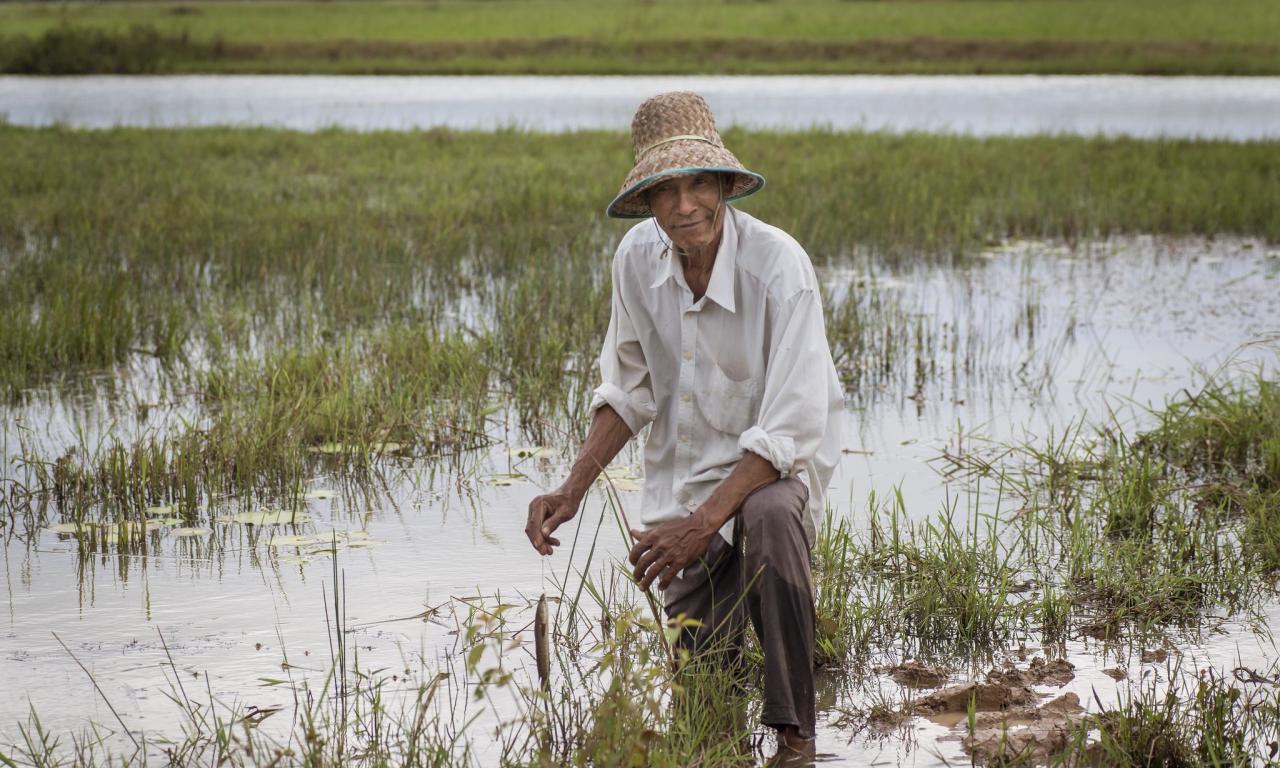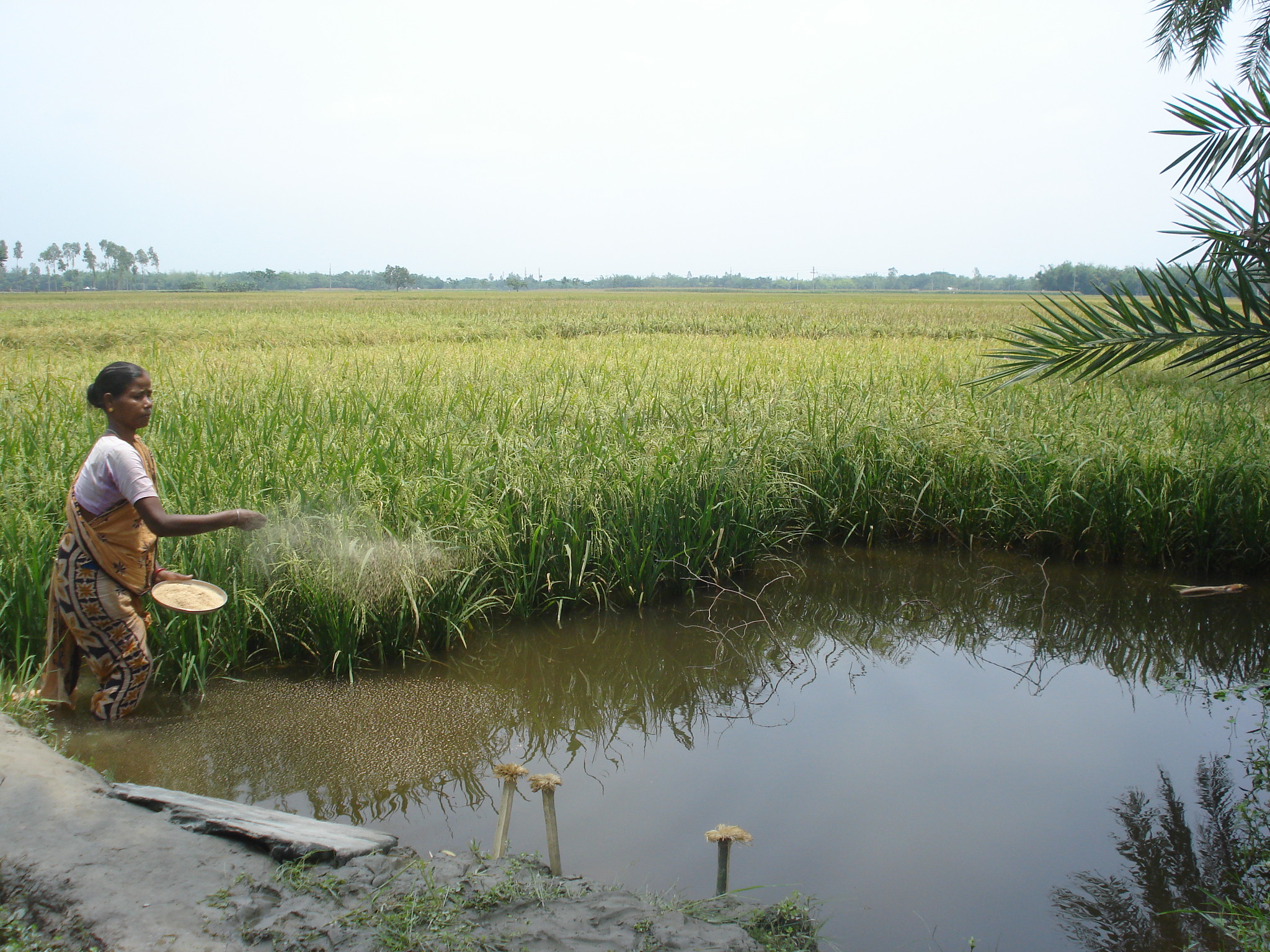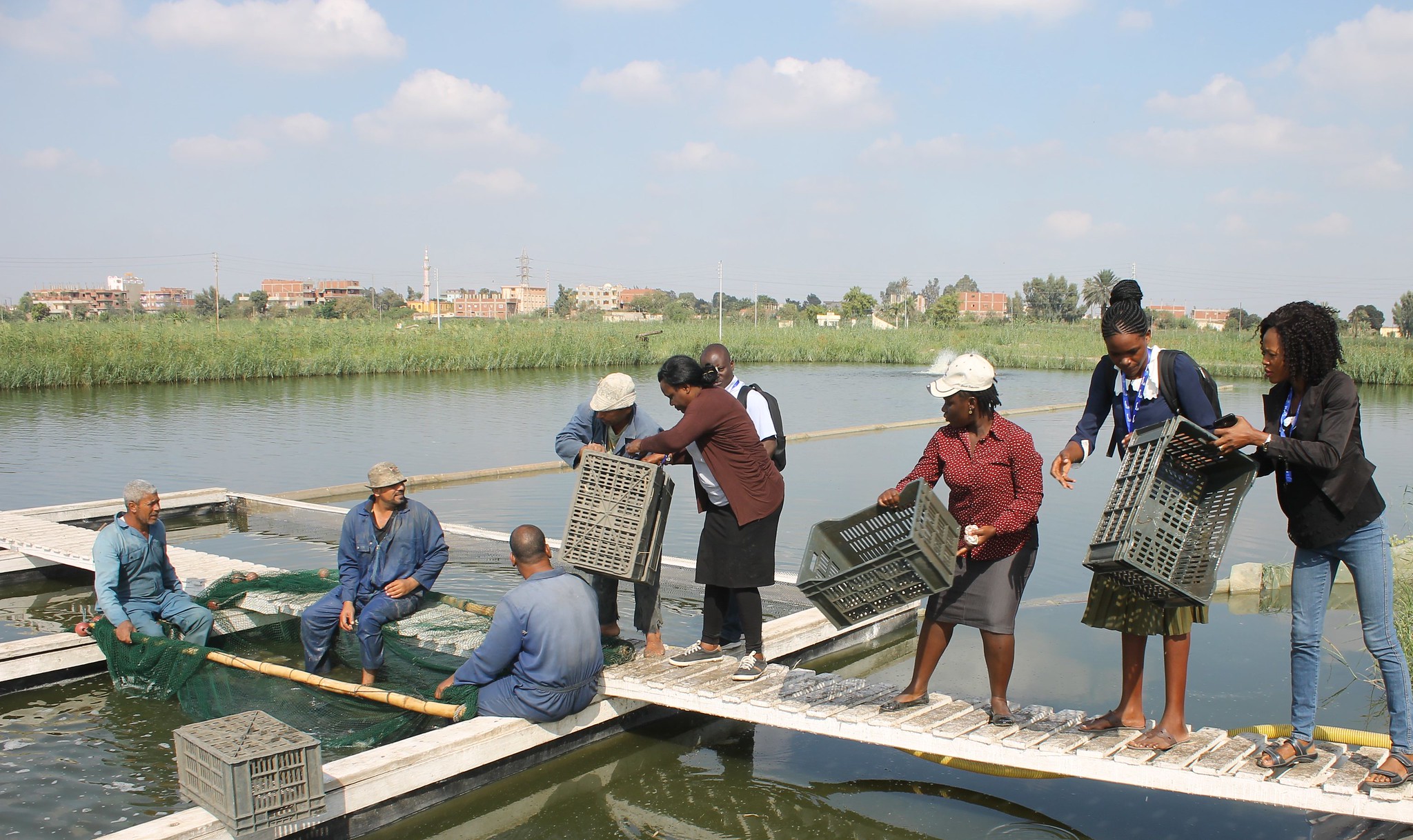
Panelists at a recent UN Food Systems Dialogue discussed innovative and sustainable solutions to aquatic food systems that can be a catalyst for global food systems transformation.
Holistic research, policy and business investments can boost sustainable innovations in aquatic food systems and foster a nature-positive transformation in food production, said experts in the second UN Food Systems Dialogue hosted by the Norwegian leadership of the Global Action Network and WorldFish.
The Independent Dialogue saw diverse stakeholders in research and policy present transformative solutions and strategies to scale them as part of UN Food Systems Summit (FSS) Action Track 3, which is dedicated to boosting nature-positive production.
“We recognize the importance of aquatic foods for food and nutrition security and their nature-positive benefits, like low greenhouse gas footprints compared to land-based animal protein sources,” said Joao Campari, the chair of Action Track 3.
At present, about 3.3 billion people worldwide rely on wild-caught and farmed aquatic foods as their main source of affordable animal protein. These numbers continue to increase as production expands rapidly in developing countries, especially in Southeast Asia and Latin America and increasingly part of Africa.
Promoting research, policy and incentives for a sustainable transformation of aquatic food systems, both aquaculture and fisheries, can lead to a number of solutions that increase production to meet demand in sustainable ways, explained Campari.
During the discussions researchers and policy representatives presented a range of sustainable solutions from the use of insects as sustainable aquaculture feed to circular economy approaches that reduce food loss and waste. They also spoke of policy shifts to encourage adherence to the Voluntary Sustainability Standards, which set social and environmental standards for food production, to mobilize social equity as a component for sustainable development.
These innovations are part of nature-positive transformations and offer potential to improve the sustainably of food systems for healthy diets and ecosystems. It was highlighted that communities have an obligation to further develop and invest in these local solutions to achieve the Sustainable Development Goals.
“To that end, if we recognize nature as an investment that supports life, sustains economies and can repay those who invest in it, we can unlock policies and finance at a scale that puts our world on a more sustainable path,” emphasized Peter Limbu, Fisheries Technical Lead at The Nature Conservancy in Tanzania.
Food systems approach key to scaling sustainable production

Setting aquatic food production on nature-positive pathway requires scaling innovations, technologies and practices for the sustainable production, use and management of aquatic resources. They panelists undscored the importance of science and research as critical to informing the solutions for long-term food and nutrition security alongside a healthy ecosystem.
WorldFish’s Director General, Dr. Gareth Johnstone, highlighted the importance of scaling sustainable solutions for global reach. For sustainable production solutions to work, there must also be efforts to create demand for sustainable aquatic foods and related products, and policies and investments to support the required supply chains, he said.
“To scale up good ideas on the sustainable production of diverse aquatic foods, a food systems approach must be in place to minimize impact on the environment and increase climate-resilience, while ensuring aquatic foods are affordable and accessible for inclusive growth,” explained Johnstone.
A holistic balance is central to achieving this vision. It is key to driving transformational changes and shaping food system solutions, particularly for issues related to waste, habitat damage, pollution, aquatic animal diseases and unsustainable fish feeds, echoed the panelists.
Establishing local to global partnerships for success

The key enabler to accelerate sustainable production of aquaculture and fisheries is collaboration and partnerships, said Tanja Hoel, HATCH Innovation Manager.
“We need to work with all players across the innovation ecosystem, from small-scale farmers and new innovators to global industry players and engage the private sector to fund and scale new sustainable solutions.”
Special attention must be paid to small-scale fishers and farmers, who are usually pioneers of low-cost nature-positive forms, but whose contributions are usually unaccounted for in aquatic food systems. Their voices must be included in policy and investment reform that align with incentives that benefit them and the ecosystem, explained Hoel.
Peru’s Production Minister, José Luis Chicoma, reinforced the importance of supporting small-scale and indigenous groups and ensuring their ideas and traditional knowledge of sustainable production is used to shape solutions, especially in the lead up to the 2022 International Year of Artisanal Fisheries and Aquaculture.
Event recording:
